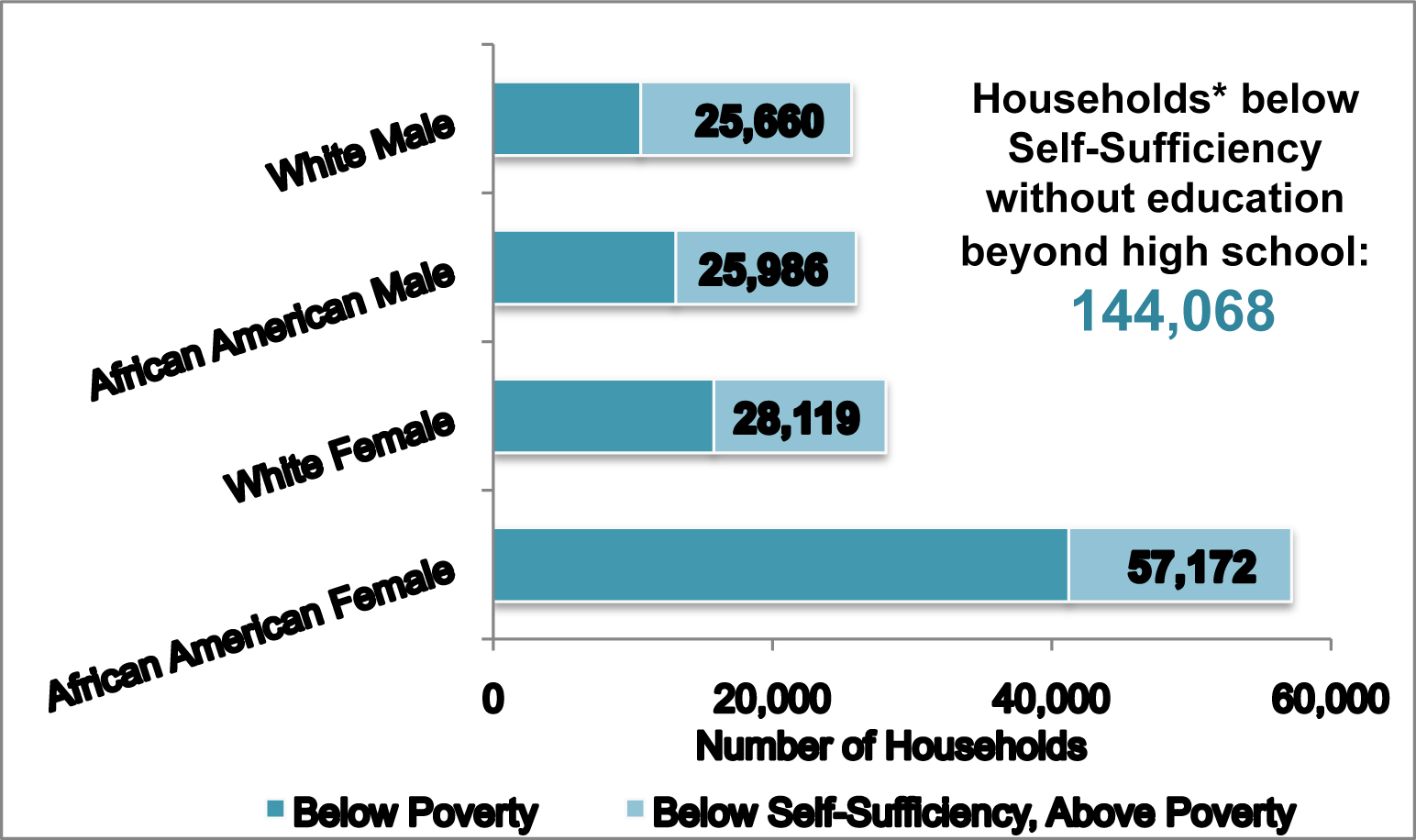Higher Education Critical for Family Economic Security and State Economic Advancement
August 6th, 2010
Across Mississippi, students are returning to the classroom for the 2010-2011 school year. Now more than ever, it is important that Mississippi’s young adults not only graduate from high school but also go on to enroll in postsecondary education. Mississippians face a job market that increasingly requires postsecondary education to obtain jobs with wages that support their families.
According to the Mississippi State Plan for Workforce Development, 80 percent of jobs now require education beyond high school, and the demand for workers with advanced education continues to rise. The Department of Labor projects occupations for workers with an associate’s degree will grow by 19 percent from 2008 to 2018 – a rate greater than any other educational grouping.
Connecting Mississippi’s adults to postsecondary certificates and degrees is not just important for workforce demands, it is also important for household economic security as well. Households with no education beyond high school are more likely to have insufficient income than those with more education. Across race and gender, thousands of Mississippi’s households are headed by adults without any formal education beyond high school.
A total of 144,068 households headed by an adult without education beyond high school live on incomes below the Self-Sufficiency Standard. The largest number of these households are headed by African American women. The figure below highlights that there are over 25,000 households in each racial/gender grouping that live with incomes below the Self-Sufficiency Standard.
Click to enlarge
Households Below Self-Sufficiency for Householders with no Education beyond High School by Gender and Race, Mississippi, 2007
*Total Households includes all races
For Mississippi to prosper, it will need to continue to implement strategies to enhance the education and skills of the adult workforce. Frameworks, like community college Career Pathways and Sector Strategies, are models for ensuring that Mississippi connects working adults with postsecondary credentials that can result in career advancement and increased earnings. Mississippi’s Corridor Consortium provides a valuable example of how Sector Strategies and Career Pathways can combine to improve job opportunities for working adults and meet the needs of the region’s employers.
Source:
Overlooked and Undercounted: Struggling to Make Ends Meet in Mississippi
Author:
Sarah Welker, Policy Analyst






